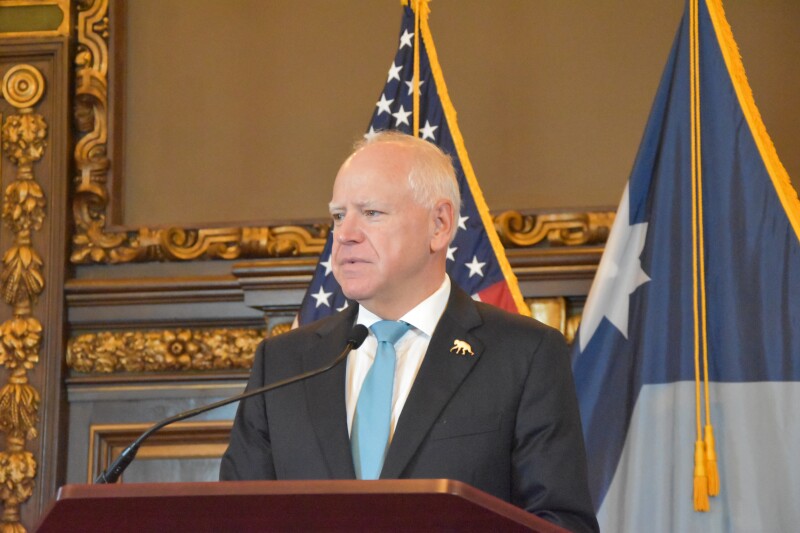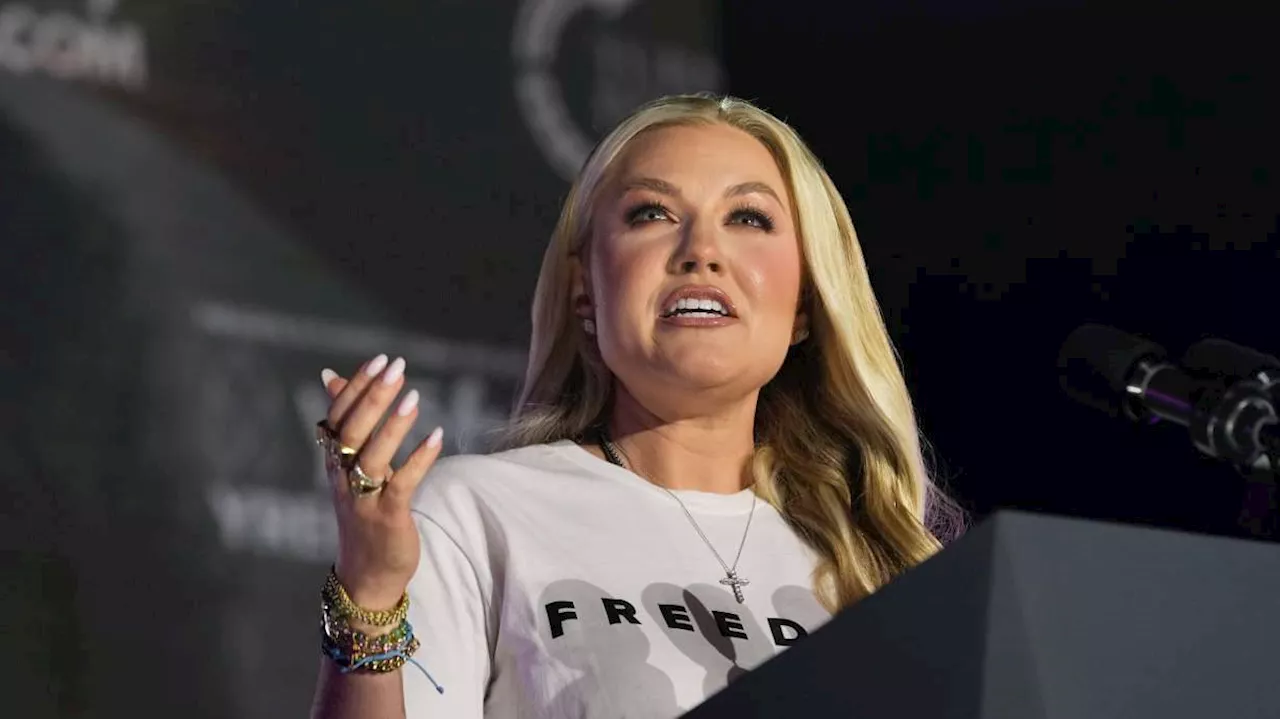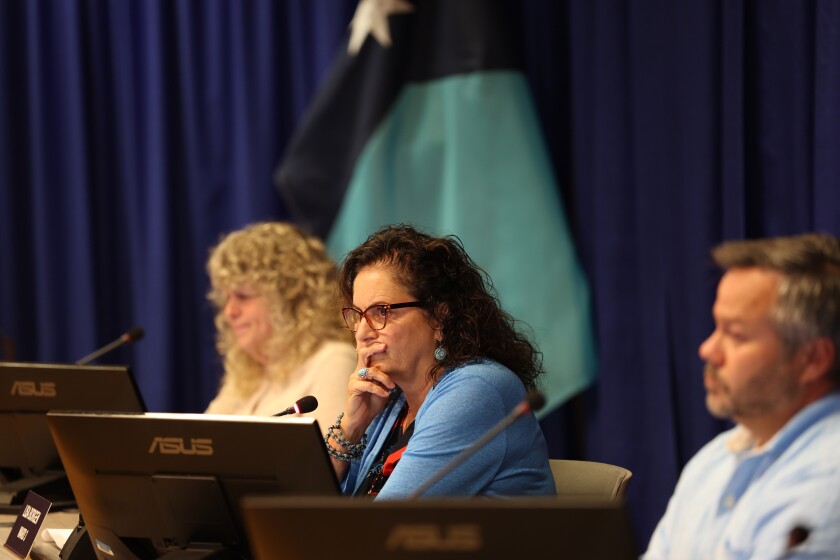BREAKING: Governor Tim Walz has just signed a landmark cannabis compact with the Prairie Island Indian Community, marking a significant step in Minnesota’s cannabis regulation. This agreement, finalized on October 20, 2025, will facilitate collaboration between the state and the Tribal Nation located just north of Red Wing, according to the Office of Cannabis Management (OCM).
The compact is set to open new opportunities for state-licensed cannabis businesses to partner with the Prairie Island community, enhancing product supply while respecting the Tribe’s sovereignty and self-governing rights. OCM Executive Director Eric Taubel emphasized the importance of this partnership, stating, “This compact provides state-licensed cannabis businesses the opportunity to partner with Prairie Island Community and boost supply of product while maintaining the Tribe’s inherent sovereignty.”
Starting next month, the Prairie Island Indian Community plans to begin its wholesaling activities with state-licensed cannabis businesses, signaling a growing market presence. The compact is part of a broader initiative following the Minnesota Legislature’s legalization of cannabis possession, use, and cultivation in 2023, which mandated the governor to negotiate agreements with Tribal Nations.
This agreement marks the third cannabis compact established between Minnesota and Tribal Nations, following similar agreements with the Mille Lacs Band of Ojibwe and the White Earth Nation. Each compact is tailored to the unique needs of the Tribal Nation involved, yet all prioritize public health and safety through rigorous product testing and consistency in the cannabis market.
Prairie Island Tribal Council President Grant Johnson expressed enthusiasm about the compact, stating, “We’re very proud of the disciplined systems and processes we have created to ensure the safe, secure operation of our cannabis business on and off reservation land.” This sentiment underscores the importance of meeting the demand in Minnesota’s rapidly expanding recreational cannabis market.
Importantly, sales of cannabis products from Tribal lands will adhere to state and local tax regulations, which include a 15% cannabis tax on gross receipts from retail sales, alongside a general sales tax of 6.875% and any applicable local taxes. These fiscal measures are designed to ensure that the cannabis market operates within the legal framework established by the state.
As Minnesota’s cannabis landscape continues to evolve, all eyes will be on the implementation of this compact and the potential it holds for both the state and the Prairie Island Indian Community. With the cannabis market growing rapidly, the upcoming wholesaling activities are set to have a significant impact on local economies and community health.
Stay tuned for more updates as this story develops, and watch for further announcements regarding the operational details of this historic compact. The collaboration between state authorities and Tribal Nations is poised to reshape Minnesota’s cannabis industry, fostering growth and ensuring safety for all consumers.







